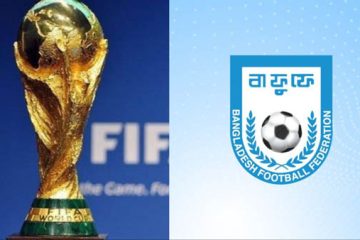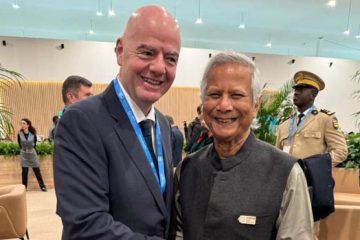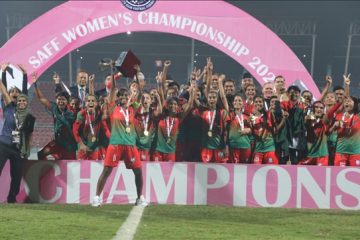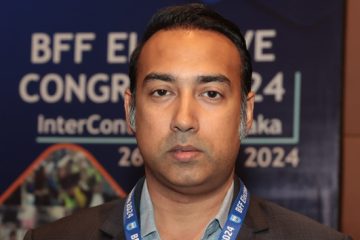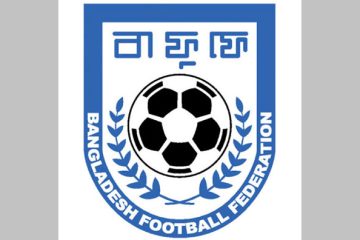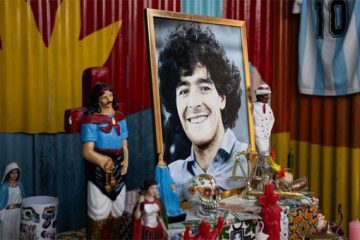She plays football for the national team, she has a job in the women’s football committee, she is also a university student and a vocal advocate of human rights.
Don’t be mistaken, this is not a run-of-the-mill story about a modern day woman of the developed world. It’s the story of a young girl of a war-torn nation who is defying the odds, along with her teammates, to take the future into her own hands and portray a positive picture of her country to the rest of the world.
The woman is Khalida Popal, the longest serving member of the Afghan national women’s team and an inspiration for her teammates who are sensing their first taste of international football after a long struggle.
Their first international match, a 13-0 defeat against Nepal on Wednesday, was perhaps not the start they were looking for, but it did nothing to deflate the spirit of those who have defied so many odds on their way to reaching the international stage.
“True that I and my teammates are disappointed, since it was our first international match. But we are positive that we would play good football in the tournament.”
Born to a well-off family in Kandahar, Khalida’s choice of profession was met with much opposition by both her father and her brothers. He school-teacher mother was the only one supporting her venture.
“My mother has always supported me, even though my father and brothers did not want me to play football. But I always wanted to play football, and now they are happy to see my success.”
While the family resigned to her desperate ambition, the conservative society was not so easy to bend.
“Everywhere we went, people used to say: ‘Why are you playing football? This is not a woman’s game’.
“But since we are doing well, things have started to change now. People now know us, the media are also very supportive and are promoting us.”’
‘Afghan girls can kick’ a documentary on the course these girls took to reach the international stage has been aired recently. But despite achieving the recognition, the biggest problem for the team is the lack of security and playing fields.
Women’s football is only played in Kabul. The team is allowed to use only one football field, inside a NATO base in Kabul, only three times a week, with helicopters flying overhead all the time.
But the environment of insecurity and suffocation does not deter the resolve of Popal and her teammates. They dream of reaching an even bigger stage.
“This is how I fight. We want to send a message over the world to show that women can play football, and study, and work.”

